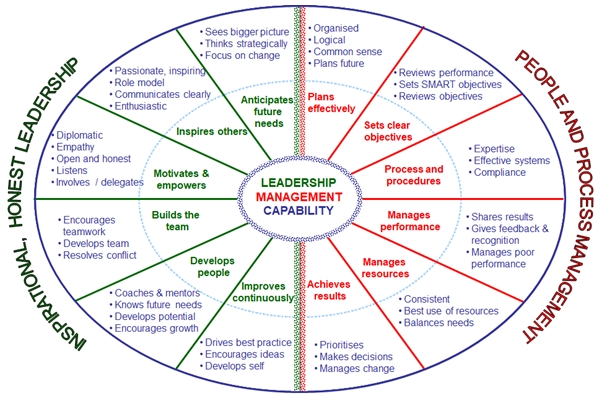Over the past 12 years I have interviewed hundreds of people in organisations across a range of sectors. It has fascinated me that when asked about what makes them feel valued they most often respond by describing simple thanks and praise as the mainstay of recognition.
A close second place is recognition for their expertise and the respect of colleagues.
It is interesting to speculate on some of the following quotes from interviews:
- “Hard to answer why I feel valued – I’m left to get on so I assume there is a level of trust”
- “I assume that when I don’t hear anything I’m doing okay”
- “I feel that my role is valued, and I’m not sure that I am”
- “I feel valued by the team but not by the managers – from them we hear more about the bad things than the good”
- “My manager is not very good praise and recognition”
To me, all of the above quotations suggest that the interviewee was less motivated than they might otherwise have been.
Contrast them to the following:
- “I’ve had a brilliant time at this company – they have given me pay rises when I’ve achieved and we know exactly what our targets are”
- “We are being recognised for going above and beyond – it happens all the time”
- “People ask for my opinions and views – I’m seen as having expertise”
- “I feel especially valued in our team – a lot of conferring”
- “Thank you is all that is needed, but I won an employee of the year award in my first year”
To me these statements reflect higher levels of motivation. And what shines out is the part that leaders play in making people feel valued. Too many managers are focused on getting the job done at the expense of the more transformational part of their role. As this diagram shows, inspirational, honest leadership makes up half of their role.

(The diagram can be saved by clicking on it. My ‘Top Tips for Recognition’ is in the free resources section)

